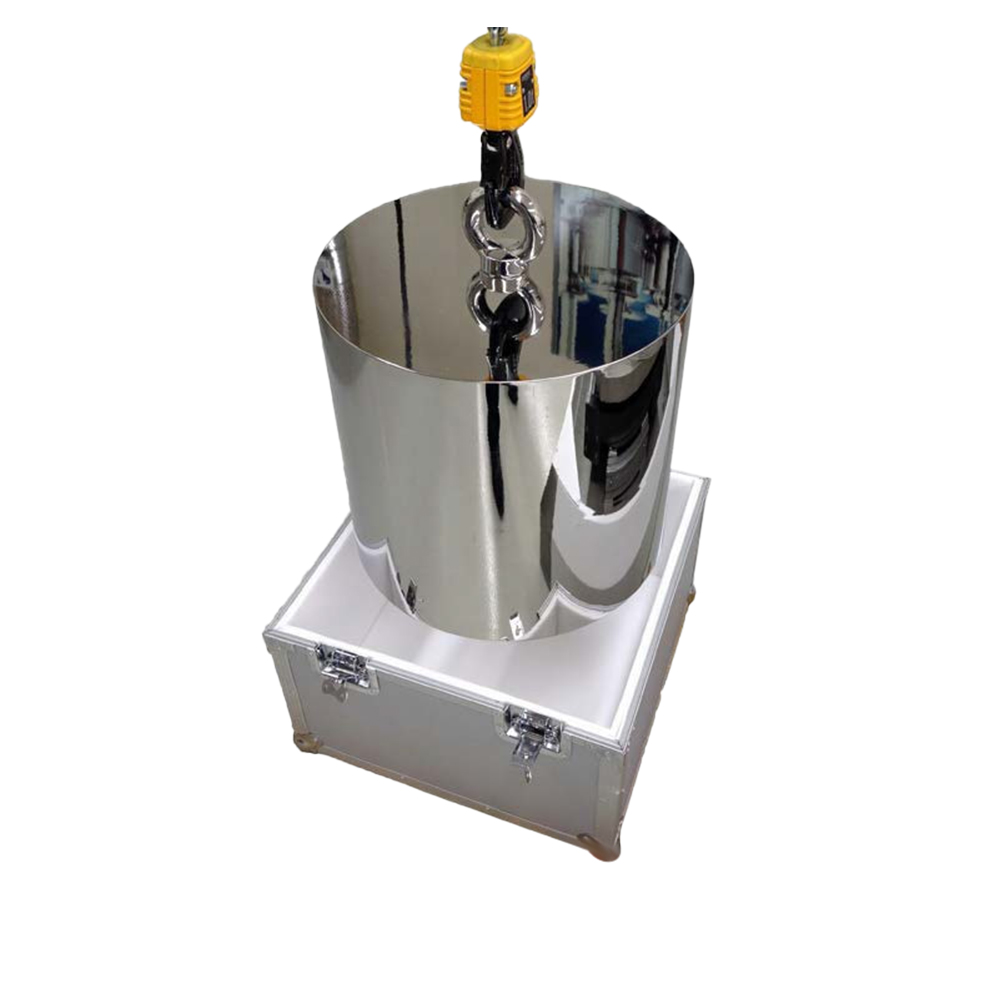In modern industrial production and testing systems, Industrial Test Weights are key tools to ensure the accuracy of measuring equipment and the credibility of data. They are not only used to calibrate balances, scales and weighing systems, but also play a fundamental role in the entire quality management system. Whether in manufacturing, food processing, pharmaceutical industry, or in laboratories and trade settlements, accurate quality measurement is the core link of quality control, and all of this is inseparable from high-quality, traceable test weights.
1. Ensure the accuracy of weighing equipment
The first step in quality control is "accurate measurement". Whether it is the feeding of raw materials, the packaging of finished products, or the final inspection before product packaging, all links involving quality judgment need to rely on weighing equipment to provide reliable data. After these devices have been used for a period of time, measurement errors may occur due to mechanical wear, environmental changes or electronic drift.
As a standard mass reference, Industrial Test Weights provide a traceable benchmark value for weighing equipment. By regularly calibrating with standard weights of different grades (such as E1, E2, F1, F2, etc.), the key indicators of the equipment such as linearity, repeatability, and eccentricity can be effectively verified, thereby ensuring that its measurement results are always within the allowable error range.
2. Support GMP, ISO and other regulatory compliance requirements
In the pharmaceutical, medical, food and other industries, quality control is not only an internal requirement of the enterprise, but also a legal obligation that is strictly regulated. For example:
GMP (Good Manufacturing Practice) requires regular verification of all weighing equipment used for production and inspection;
ISO/IEC 17025 has clear requirements for laboratory measurement uncertainty management;
OIML (International Organization of Legal Metrology) standards specify the technical parameters and usage specifications of weights of different grades.
Industrial Test Weights is an important tool to meet these regulatory requirements. Only by using certified and traceable standard weights for calibration can the company's quality records be legally effective and audit acceptable.
3. Improve the consistency and stability of the production process
In automated production lines, weighing is often a key control point. For example, in the chemical industry, the accuracy of ingredients directly affects product quality; in food packaging, net content deviation may lead to customer complaints or even recalls.
By regularly using Industrial Test Weights to check and calibrate the automatic weighing system, equipment abnormalities can be discovered in time to prevent product quality problems caused by inaccurate weighing. This preventive quality management method helps to reduce scrap rates, improve pass rates, and reduce rework and after-sales costs.

4. Ensure trade fairness and measurement fairness
In bulk commodity transactions (such as coal, cement, grain, etc.), weighing results are directly related to the interests of both buyers and sellers. The accuracy of large scales such as floor scales and track scales must be periodically verified with standard weights.
The role of Industrial Test Weights here is not only a technical calibration tool, but also the basis for maintaining market trust and trade fairness. Especially when it comes to import and export trade, using weights that meet international standards (such as OIML R111) for calibration helps to obtain approval from customs, third-party testing agencies and customers.
5. Promote the standardization of laboratory measurement capabilities
Scientific research laboratories and quality inspection centers undertake tasks such as product development, performance evaluation, and standard setting. The accuracy and comparability of their measurement results are crucial.
Industrial Test Weights provide laboratories with a consistent measurement benchmark, making data between different experiments and different laboratories comparable and repeatable. This is of great significance for the development of new products, the analysis of material properties, and the establishment of industry standards.
6. Respond to measurement challenges in extreme environments
In some industrial scenarios, test weights must also adapt to special environments such as high temperature, low temperature, high humidity, and corrosive gases. For example:
In semiconductor manufacturing workshops, low-pollution, non-magnetic E1 grade stainless steel weights are required;
In marine or chemical environments, weights must have good corrosion resistance;
In the aerospace field, micro weights need to be anti-static and anti-adsorption treated.
These customized Industrial Test Weights further expand their application boundaries in complex environments and provide more comprehensive support for quality control.
From basic weighing calibration to regulatory compliance, from production process control to international trade settlement, Industrial Test Weights are used throughout every key node of quality control. Although they are small in size, they are the core tools to ensure that the measurement data is true, reliable and traceable.
With the development of smart manufacturing, digital management and global trade, the requirements for the accuracy, intelligence and traceability of test weights will become higher and higher. In the future, Industrial Test Weights will also evolve towards higher accuracy, stronger adaptability and more intelligence, and continue to play an indispensable role in the quality control system.

 English
English















